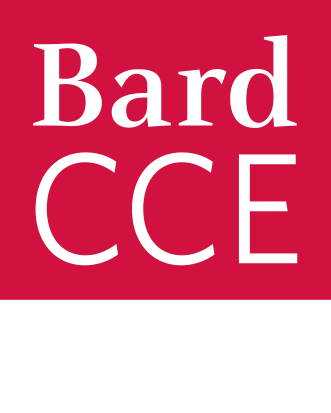What are ELAS courses?
ELAS courses are designed to link academic work with community engagement activities that contextualize course materials and enhance learning. ELAS courses challenge students to develop creative and practical approaches to social, cultural, and scientific issues while partnering with community organizations. A significant portion of ELAS learning takes place through student involvement in surrounding communities or with Bard's national and international partners.
Did you know?
In the past seven years, more than 1,400 Bard students have enrolled in over 130 ELAS courses, during which they collaborated with more than 70 community organizations and agencies.
Recent ELAS Courses
In Their Own Words
“A lot of fieldwork requires an element of civic engagement. I think that it was really important that each of us were given the opportunity to lead our own projects in that direction, and were encouraged to do so.” —ELAS student in Anthropology of Institutions
Course Spotlight
Women and Leadership
Faculty members: Erin Cannan, Deirdre D’Albertis, and Michelle Murray
Why aren’t there more women in leadership positions? According to a Pew Research Center report, the majority of American men and women acknowledge the capacity of women to lead. Yet in certain domains—most notably politics and business—they continue to be under-represented at the top and& the American public remains skeptical that gender parity can be achieved.
Why aren’t there more women in leadership positions? According to a Pew Research Center report, the majority of American men and women acknowledge the capacity of women to lead. Yet in certain domains—most notably politics and business—they continue to be under-represented at the top and& the American public remains skeptical that gender parity can be achieved.
Community Partner Proposals
Are you a local organization interested in working with Bard College ELAS students and faculty developing a project, collaborating on research, or sharing resources? Reach out to us via email at [email protected] for assistance or additional information.
ELAS Fellows
Work closely with students and faculty throughout the semester as the ELAS course develops! ELAS fellows bring their personal experience and expertise as engaged, intellectual mediators between the College and the community to benefit all parties involved. Tap into your creativity as an ELAS fellow by documenting the progress of student involvement with community partners.
Requirements:
Requirements:
- Successful completion of the class to which the ELAS fellow is applying.
- Approval from the professor of the class to which they are applying.
- Certification as a Bard driver*
Benefits of ELAS
Contact Us
ELAS Staff
Jovanny Suriel Director of Career Development, Assistant Dean of Civic Engagement
Arghawan Bani Experiential Learning Coordinator
For general inquiries, please contact us at [email protected].
Jovanny Suriel Director of Career Development, Assistant Dean of Civic Engagement
Arghawan Bani Experiential Learning Coordinator
For general inquiries, please contact us at [email protected].
